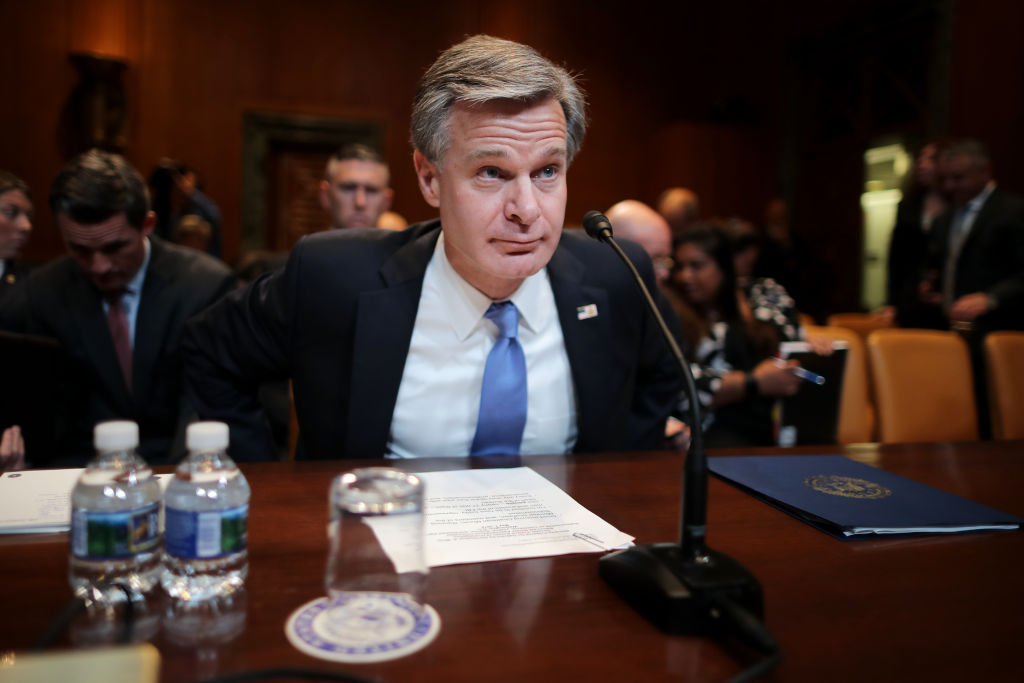The Federal Bureau of Investigation (FBI) has declined to submit a memo alleging a bribery scheme involving President Joe Biden to Congress, prompting backlash and potential repercussions from the House Oversight Committee. This refusal resulted in the committee’s chairman, Rep. James Comer (R-KY), announcing his intent to hold FBI Director Christopher Wray in contempt of Congress. Comer criticized the FBI’s decision to not comply with the issued subpoena, describing it as obstructionist and inappropriate, and a disservice to the American public who have a right to access the information.
Holding Wray and the FBI accountable has been echoed by other members of Congress, including Speaker Kevin McCarthy (R-CA). The chairman of the House Freedom Caucus, Rep. Scott Perry, proposed escalating the response by sending Wray to the congressional brig if he continues to refuse to release the memo related to the Biden probe. Perry emphasized that the memo’s content is not classified, thereby implying there is no justifiable reason for the FBI to withhold it from Congress. He suggested that non-compliance should not be tolerated and should be met with severe consequences to uphold the integrity and authority of Congress.
The FBI’s refusal to comply with the congressional subpoena and the subsequent controversy reflects broader concerns about the relationship between different branches of government, the boundaries of congressional oversight, and the transparency of investigations involving top-ranking officials. The events will likely stoke ongoing political debates about the FBI’s independence, the need for checks and balances within the government, and the public’s right to information in a democratic society.













